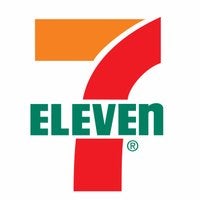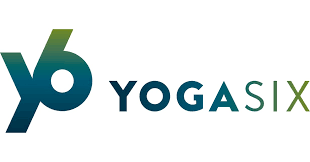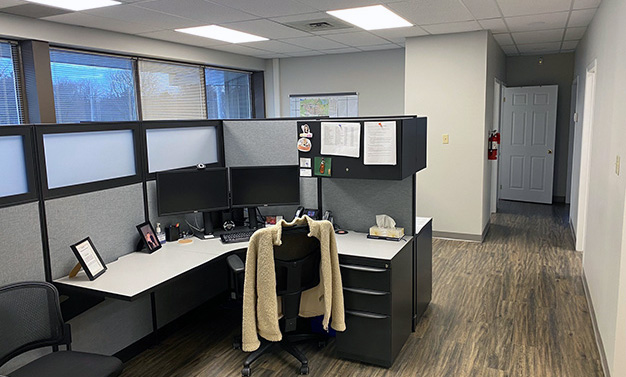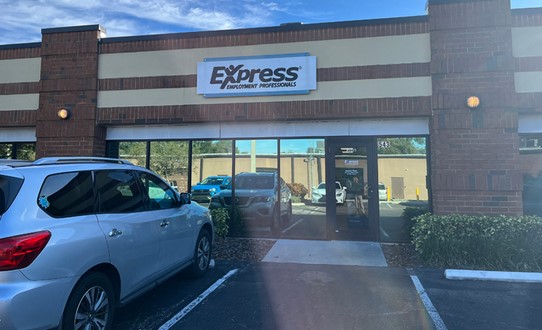Can I sell my franchise to someone else? Yes, you can sell a franchise to someone else, but the process […]
Creating a Business Plan
If you’ve decided to buy a franchise resale, you might think that creating a business plan is unnecessary. To the contrary, a business plan will still be required by both the franchisor and any lenders involved in the resale. It will also serve to guide your decisions throughout your course of business as a franchisee and help you better understand the capital needed before reaching profitability. All of this is accomplished by following the plans with some commonly accepted features:
- Introduction
- Business Description and Mission Statement
- Management
- Marketing Plan
- Financial Projections
- Capital Requirements
Introduction:
This is basically a cover sheet with the name of the franchise and contact information. It should also have a short statement highlighting the buyer’s purpose for becoming a franchisee, and a table of contents.
Business Description and Mission Statement:
This section will likely contain information from the franchisor’s company brochure, mixed with your own view for going into business. It should include a detailed description, the standardized method of operation, the product or service provided, the competition, the target market, and any challenges faced by the seller and how the buyer intends to overcome them. It should be written in a summarized form, preferably no longer than two pages long, followed by a mission statement. The mission statement is generally one or two sentences that helps to state your purpose for going into business in a way that motivates management and employees to actively participate in that mission.
Management:
The managerial section should list all of the upper-level managers and other key personnel. For resales, new franchisees commonly aid the transition of ownership by retaining the personnel in place, at least until the first month or two after closing. If this is not the case, then this section of the business plan should include the resumes of new personnel, showing backgrounds and highlighting experiences that can increase the chances for managerial success.
Marketing Plan:
How do you plan on attracting customers to your location or on convincing them to buy your product or service? This section should provide more details relating to your target market, demographics, advertising, and how you will distribute and sell your offering. It should include the marketing mix of promotions, product, and location. As previously mentioned, much of this information may be provided by your franchisor upon request.
Financial Projections:
This area is much easier for the buyer of a resale than it is for either a new franchise or an independent start up. With a financial history, you can more easily extrapolate them to projections for the future two to three years down the road than if everything were based on hazy guesses. Develop projections in an income statement, a cash-flow statement, and an overall balance sheet. They should be conservative anticipations, and you should always remember the following statement: most businesses fail because of improper deployment of capital. Be careful not to stray too far from the best performance of that location within the past few years. No matter how much better than the seller you believe your skills are at managing, you still don’t want to undercut your success by overly optimistic projections.
Capital requirements:
Preparing an application for a loan is not the only reason to create this section. Even if you’re providing your own financing the franchisor may require you to show where that financing originates. The section will include an evaluation of start-up costs, including the franchise fee, leasing cost, original supplies and inventories, in addition to employee pay and your own salary, if you will need one. You should show financing needs up until the future breakeven point, which will necessarily include sufficient working capital prior to that point. Be careful to add a hefty reserve for initial marketing costs above and beyond the franchisor’s contribution, including operating losses inherent to initial competitive pricing strategies or other steep promotions or discounts.
While creating your business plan, understand that it is always a work in progress. The first draft will rarely resemble the final one, because the process itself creates questions that must be answered throughout the evaluative steps. Luckily, since you’re buying a resale, much of the information will be readily available from the franchisor’s website, brochure, and FDD. Writing the business plan will be the first opportunity to begin developing a working relationship with the franchisor. You won’t be creating a static piece of paper, but will be using the phone, texts, and e-mails to discuss the plan with franchisor personnel and the seller. These people either have the information or can guide you to discover the answers you’ll be required to provide as the plan alters and reaches a conclusion.
Finally, your business plan will be aided by the information you get during your initial franchisee training. Upon completion of that training, your plan should be fully prepared and ready for submission. Nevertheless, be careful not to let your written plan fall into the lazy trap of a dusty file cabinet. Update it when unexpected market changes occur or whenever you learn more details of how to proceed. Indeed, the marketing section will never be complete, because new promotions and opportunities to sell yourself and your product will continuously present themselves.
As long as you stay proactive and flexibly adjust to new developments, your business plan will provide the guidance well over the investment of time you place into it. With a well-written map of how to proceed, you’re already moving toward success and prosperity. You’ll definitely have the advantage over those franchisees who don’t bother to take the extra time because they think that only a cookie-cutter plan is necessary for a resale.
Recent Articles
Why a Salad Franchise is a Fruitful Financial Opportunity
Are salad franchises profitable? Salad franchises can be profitable, but success depends on various factors including location, competition, quality of […]
Home-based Franchise: 12 Options You Can Run Remotely
Can you run a franchise from home? Yes, it is possible to run a home-based franchise, depending on the nature […]
Turnkey Business for Sale: What to Know Before You Buy
Are turnkey businesses profitable? The profitability of turnkey businesses can vary depending on various factors such as the industry, market […]
In Business for Yourself.. and Totally by Yourself !
The much used statement, which screams the benefit of buying a franchise: “In Business For Yourself BUT Not By Yourself,” […]
7-Eleven Franchise: What to Know About Owning a Convenience Store
Owning a 7-Eleven franchise involves a unique business model that is somewhat different from other franchising opportunities. Here's an overview […]


























